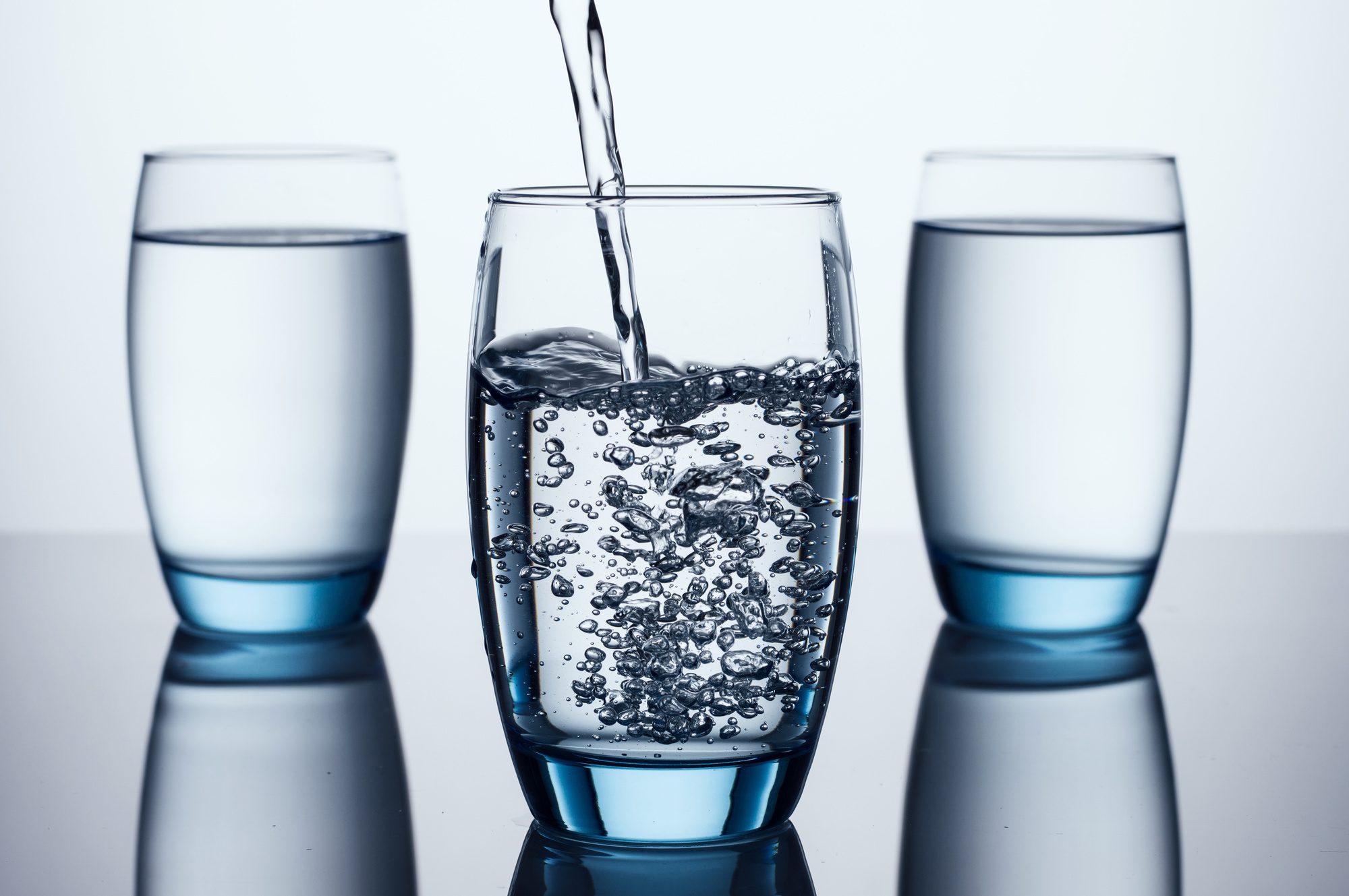
Does Filtered Water Matter? The Importance of Water Delivery Services
Water is life. It’s a statement we’ve all heard, and its truth is undeniable. We drink it, cook with it, and use it for cleaning. But not all water is created equal, especially when it comes to what’s in it. With the rise of water delivery services and the emphasis on filtered water, one might ask, “Does filtered water truly matter?” Let’s dive deep and find out.
The Contaminants in Tap Water
Most municipal water systems in developed countries do an excellent job of treating water to make it safe to drink. However, tap water can still contain contaminants that, while not necessarily harmful in small amounts, aren’t something you’d want to consume in large quantities. Examples include:
- Heavy metals like lead and mercury.
- Chlorine, which is used to disinfect water but can react with other substances to form harmful compounds.
- Pesticides and herbicides.
- Various microorganisms.
Moreover, the taste and odor of tap water, influenced by these contaminants, can be off-putting for many.
The Benefits of Filtered Water
1. Improved Taste and Smell: One of the immediate benefits of filtered water is the absence of the taste and smell of chlorine, which is typically used in municipal water treatment.
2. Reduced Chlorine Levels: While chlorine is effective in killing off bacteria, it’s not something you want to ingest in large amounts. Filtered water significantly reduces chlorine levels.
3. Removal of Heavy Metals: Good water filters can remove, or at least reduce, the presence of heavy metals. This is particularly vital in older homes where lead pipes might still be in use.
4. Health Benefits: While the health threats posed by tap water are minimal in many areas, why take the risk? Filtered water can reduce the chance of ingesting harmful contaminants.
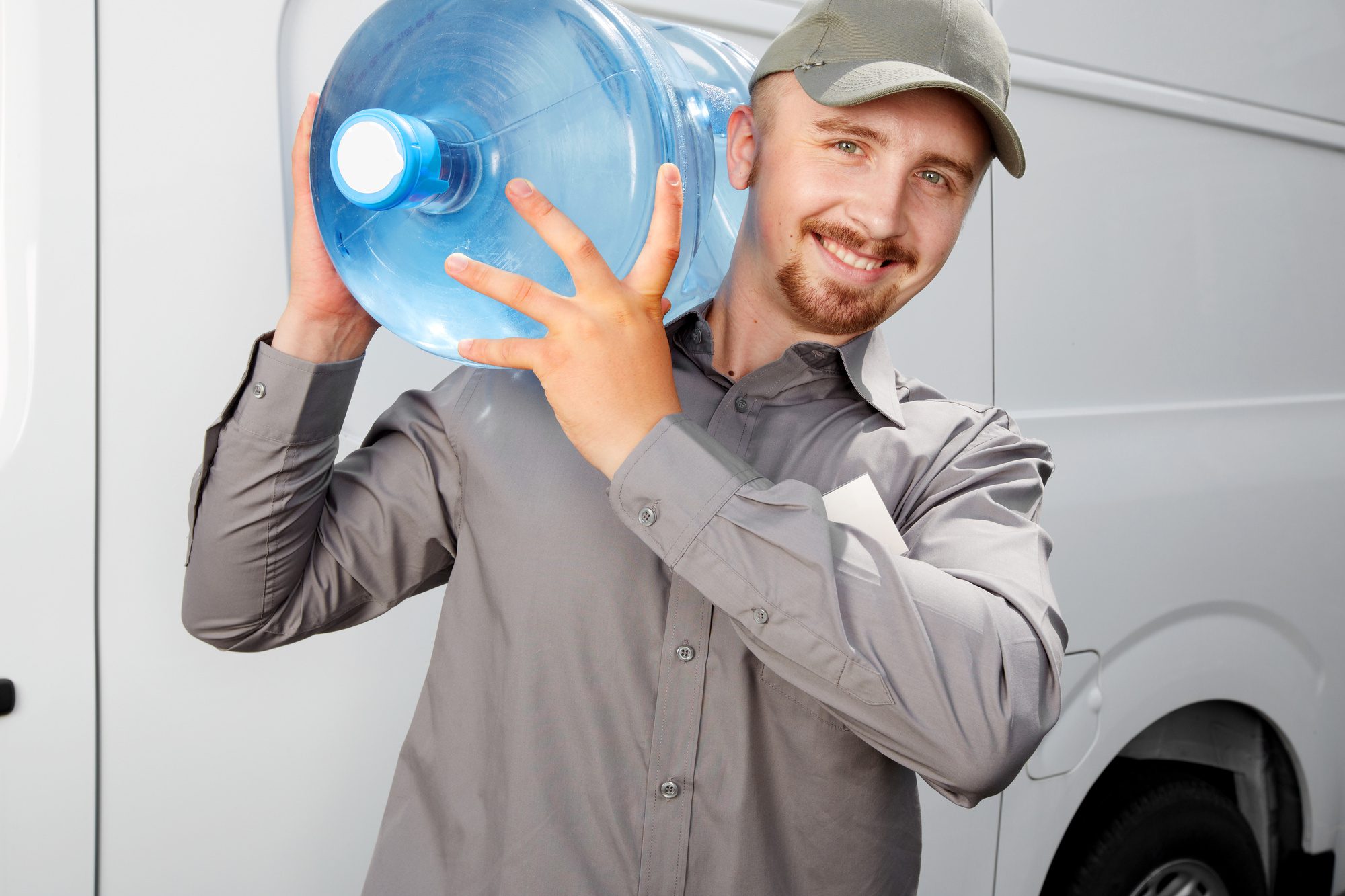
The Importance of Water Delivery Services
Given the benefits of filtered water, water delivery services have taken on increased significance. Here’s why they’re becoming a household essential:
1. Convenience: Lugging around heavy bottles from the store? Not a problem anymore. With water delivery services, you get regular deliveries straight to your doorstep.
2. Variety: These services often offer a range of products – from spring and mineral water to distilled and alkaline. You get to choose what suits your preference and health requirements.
3. Cost-effective: In the long run, relying on water delivery services might turn out to be more economical than constantly buying individual water bottles.
4. Environmentally Friendly: Delivery services often use larger water containers, which are returned and refilled. This reduces the amount of plastic waste compared to individual bottles.
5. Assured Quality: Reputable water delivery services ensure that the water they provide has been filtered and treated to the highest standards. This offers peace of mind that the water you’re consuming is of the best quality.
Does filtered water matter? The answer is a resounding yes. Not only for the taste and potential health benefits but also for the peace of mind it offers. In today’s fast-paced world, water delivery services represent a blend of convenience, choice, and quality, ensuring that clean, refreshing water is always within reach. As we continue to focus on health and wellness, making the choice for filtered water delivered to our doorsteps is a step in the right direction.
How Do Office Water Delivery Services Work?
Water is not just a staple for homes; it’s an essential commodity in various establishments like offices, restaurants, and hotels. These places require a consistent supply of clean, fresh water for their daily operations. This is where office water delivery services come into play. But how do they work? Let’s delve into the operations of these services and how they cater to different business environments.
The Basic Setup
At its core, office water delivery services operate on a subscription basis. Businesses enter into a contract with a water delivery provider. This contract details the frequency of deliveries, the type of water (e.g., spring, distilled, alkaline), and the volume needed. Once the contract is in place, the delivery service ensures timely water deliveries as per the agreed schedule.
Customization for Different Business Environments
1. Offices:
- Needs: Regular supply for drinking, with occasional spikes during events or meetings.
- Service: Scheduled weekly or bi-weekly deliveries, with provisions for emergency or unscheduled deliveries when there’s an event. Some providers also offer water coolers or water dispensers on rent or purchase.
2. Restaurants:
- Needs: High-quality water for both drinking and cooking. Consistency in taste and quality is vital.
- Service: More frequent deliveries, sometimes even daily for busy establishments. Restaurants may also require specialty waters, like sparkling or mineral water, which some delivery services provide.
3. Hotels:
- Needs: Massive volumes for guests in rooms, restaurants, events, and conferences. The demand can fluctuate based on hotel occupancy.
- Service: Daily deliveries are common, with larger water containers or even bulk water tanks. Hotels also benefit from additional services like water dispenser maintenance and emergency supply services.
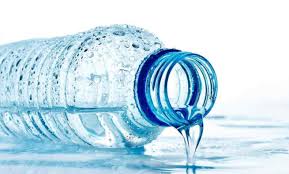

The Step-by-Step Process
- Consultation: A representative from the water delivery service will typically assess the water needs of the establishment. This involves understanding the average water consumption, peak demand times, and any specific water quality requirements.
- Setting the Schedule: Based on the consultation, a delivery schedule is crafted. This could be daily, weekly, or any other frequency that meets the business’s needs.
- Delivery: On the scheduled days, the service provider delivers the water. This could be in the form of large water bottles for dispensers, bulk tanks, or specialty bottles.
- Maintenance and Support: Many water delivery services also provide maintenance support for water dispensers, ensuring that the water is always dispensed in the best condition.
- Billing: This can be done monthly or as per the contract. Most services offer various payment methods, including online payments, for ease of transaction.
- Feedback and Adjustments: Good water delivery services maintain regular communication with their clients. They gather feedback and make necessary adjustments to the delivery volume or schedule, ensuring that the business never runs out of water.
Water delivery services have streamlined their operations to cater to the unique needs of different business environments. Whether it’s an office that needs regular water supplies for its employees or a bustling hotel catering to hundreds of guests, these services ensure that the demand is met with efficiency and precision. By understanding the intricacies of each business type, office water delivery services provide more than just water; they offer convenience, quality, and peace of mind.
The Cost of Water Delivery Services
Water is essential, but the quality of water varies depending on the source and purification processes. Businesses understand the importance of providing high-quality water for their employees and guests, but what does it cost? Here’s a comprehensive look at the expenses associated with water delivery services.
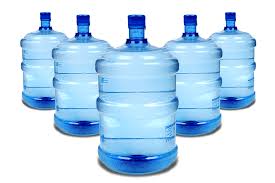

Factors Influencing the Cost
1. Volume and Frequency:
The most significant determinant is the amount of water you need and how often you need it. Naturally, large volumes delivered frequently will have a higher overall cost. But many services offer volume discounts, making bulk purchases more economical.
2. Type of Water:
Spring water, distilled water, mineral water, and alkaline water can all have different price points. Specialty waters, like sparkling or flavored varieties, might cost more than standard options.
3. Delivery Location:
Delivering to an easily accessible urban location is usually less expensive than delivering to a remote or challenging-to-reach site.
4. Equipment Rental or Purchase:
If you’re also getting water dispensers, coolers, or heaters from the delivery service, there will be additional costs, either as a one-time purchase fee or a recurring rental charge.
5. Contract Type:
Some services offer discounted rates for long-term contracts compared to short-term or on-demand arrangements.
Average Costs
The costs of water delivery services can vary widely based on the factors mentioned, but to give you a ballpark:
- Standard Bottled Water (5-gallon jugs): Typically ranges from $6 to $15 per bottle. The price often drops per bottle when ordered in bulk.
- Specialty Water Bottles (e.g., mineral, sparkling): These can range from $1 to $5 per liter, depending on the brand and quality.
- Cooler/Dispenser Rental: Rental costs can range between $3 to $10 per month, while purchasing a unit outright might set you back anywhere from $100 to $800, depending on its features and brand.
- Bulk Water Delivery: For large establishments requiring bulk water tanks, costs might range from $0.50 to $2.50 per gallon, with the price often decreasing with volume.
- Delivery Charges: Some services incorporate delivery charges into the water cost, especially with contracts. Others might charge a separate delivery fee, typically ranging from $5 to $50, depending on location and order size.
Additional Considerations
- Hidden Fees: Always ask about additional fees. Some services might charge for setup, emergency deliveries, or even contract termination.
- Discount Opportunities: Some providers offer discounts for referrals, long-term contracts, or promotional events. It’s worth inquiring about these potential savings.
- Quality Assurance: Remember, the cheapest option isn’t always the best. Ensure that the service you choose offers high-quality water that meets health standards. You might be paying a bit more for better quality, but it’s an investment in the health and satisfaction of those consuming it.
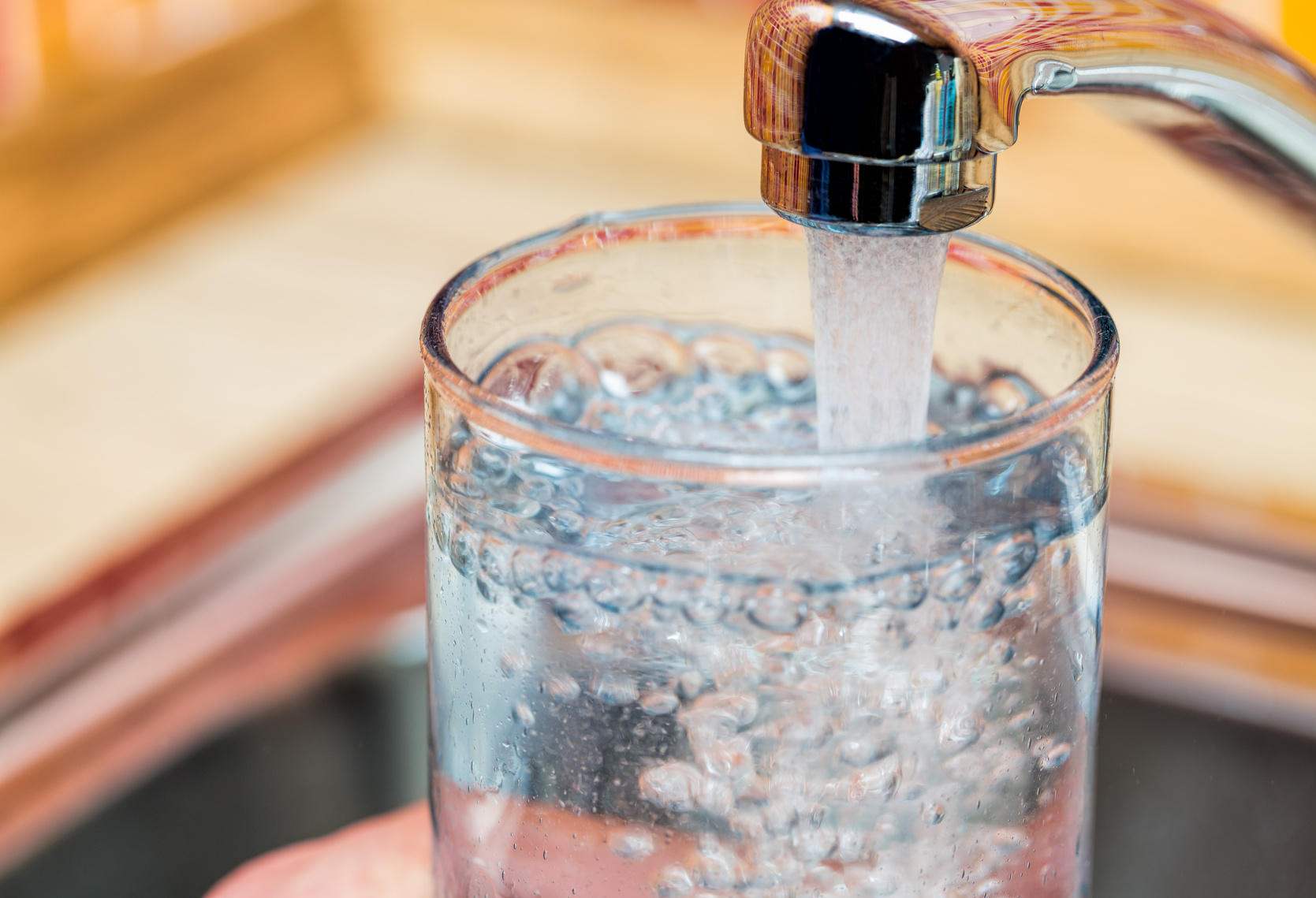

While the costs associated with water delivery services can vary, having a clear understanding of your needs and being aware of all potential charges will ensure that you get the best value for your money. As with any service, it’s a balance of cost, convenience, and quality. Consider all these factors carefully before making a commitment, and you’ll be well-equipped to make an informed decision.
Filtered Water vs. Tap Water: The Battle of Taste and Why It Matters
The decision to choose filtered water over tap isn’t merely about health benefits or environmental impact. One of the most discernible differences between the two lies in the very essence of water’s primary function: taste. But why does this matter, especially in professional settings? Let’s dive deep into the sensory world of water tasting and discover its significance.
The Taste Profile of Water
It’s a common misconception that pure water is tasteless. Different waters can possess subtle flavors influenced by their mineral content and any impurities they may contain. Here’s how filtered water and tap water generally stack up against each other:
1. Tap Water:
The taste of tap water can vary widely based on the geographical location and the source. Minerals like calcium and magnesium can give it a slightly chalky or metallic taste. In many urban areas, chlorine is added to tap water as a disinfectant, which can add a subtle chemical taste. Sometimes, traces of organic matter, silt, or even pollutants can also impact its flavor.
2. Filtered Water:
Water that has been through a purification process will generally have a crisper, cleaner taste. This is because filters remove both the impurities and the chlorine used in municipal water treatments, leading to a more neutral flavor profile. Some high-end filtration systems also reintroduce beneficial minerals to the water after purification, ensuring a pleasant taste while maintaining health benefits.
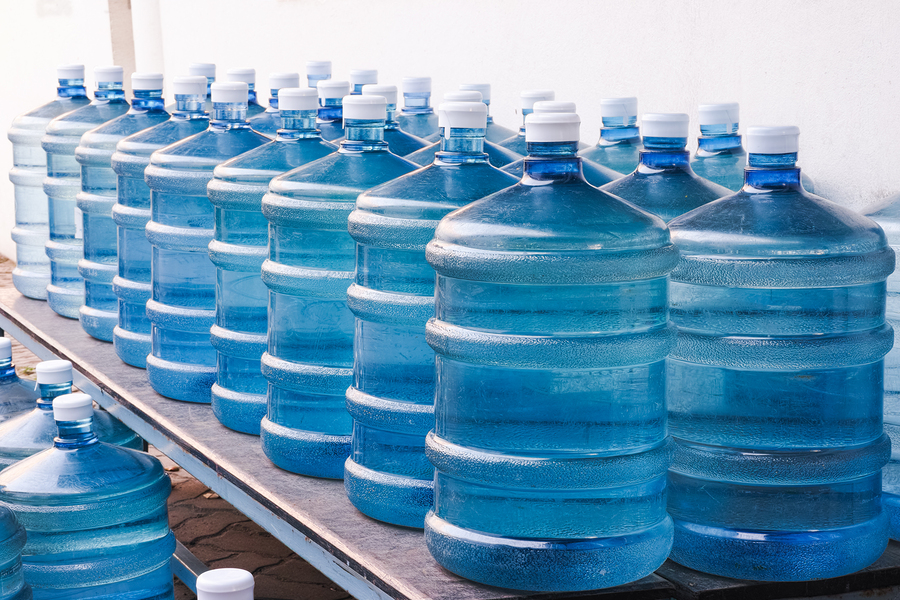

Why Taste Matters
1. First Impressions:
For businesses, especially those in the hospitality industry, the quality of water served can leave a lasting impression on clients or guests. Offering water with a strange or off-putting taste can detract from the overall experience.
2. Encourages Hydration:
Employees and guests are more likely to consume an adequate amount of water if it tastes good. Staying hydrated boosts productivity, concentration, and overall well-being.
3. Ingredient Quality:
In settings like restaurants or cafes, the taste of water directly influences the flavor of beverages like coffee or tea. A well-brewed coffee can be ruined by the taste of chlorine or other contaminants present in untreated tap water.
4. Health Implications:
While most tap water in developed countries is safe to drink, the taste can sometimes indicate the presence of contaminants. A metallic taste, for example, might suggest high iron levels, while a rotten egg taste could indicate the presence of hydrogen sulfide.
Making the Switch
Many businesses are now recognizing the importance of the water’s taste in their operations. Investing in filtered water delivery or installing high-quality filtration systems ensures consistent taste and quality, irrespective of the local tap water’s characteristics.
Moreover, communicating the use of filtered water to clients or guests can also serve as a testament to a business’s commitment to quality and well-being.
Water is more than just a thirst quencher. Its taste plays a significant role in the overall sensory experience of drinking. By understanding the differences between filtered and tap water, businesses can make informed decisions, ensuring they serve only the best, thereby enhancing user experience and promoting healthier hydration habits.
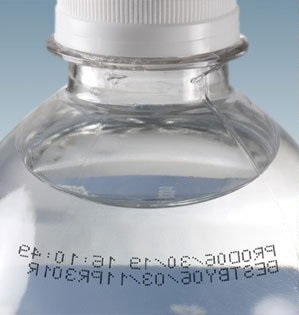

Exploring the Various Water Delivery Service Options
In today’s bustling business environment, having a reliable water delivery service is more than just a convenience—it’s a necessity. With varying needs based on the size of the enterprise, the nature of its operations, and the preferences of its workforce or clientele, it’s essential to choose a service that aligns with specific requirements. Here’s a look at the different options available:
1. Bottled Water Delivery
- Large Water Coolers: These are the traditional 5-gallon jugs you often see in office corners. They require a water dispenser, which can either be top-loading or bottom-loading, and provide cold or room temperature water. Some advanced models even offer hot water dispensing.
- Single-Serve Bottles: For places like gyms, hotels, or event spaces, having single-serve bottled water can be advantageous. They’re portable, sealed for hygiene, and can be stored easily.
2. Point-of-Use Water Systems
These systems are directly connected to the building’s water supply. They filter and purify water on the spot, eliminating the need for bottle replacements. They’re eco-friendly, reducing the plastic waste generated by bottled water.
3. Spring Water Delivery
Some businesses prefer the natural taste and mineral content of spring water. It’s sourced from natural springs and can be delivered in large jugs or single-serve bottles. Spring water goes through a minimal filtration process to retain its natural flavor and mineral properties.
4. Alkaline Water Delivery
Alkaline water has gained popularity in recent years due to its potential health benefits. It has a higher pH than regular tap water and can neutralize acid in the body. Many wellness centers, gyms, and health-conscious offices are now opting for alkaline water delivery services.
5. Sparkling Water Delivery
For restaurants, cafes, and upscale offices, having a sparkling water option can be a delightful touch. It’s carbonated water that can be enjoyed on its own or mixed with other beverages to create a variety of drinks.
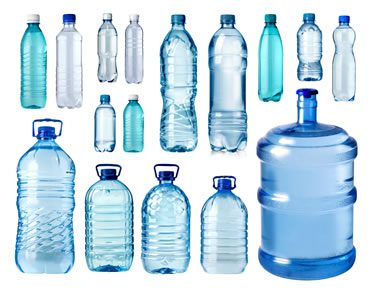

6. Custom Label Bottled Water
This is a unique service preferred by businesses that wish to brand their water bottles. It’s especially popular for events, conferences, and hotels that want to provide personalized touches for their guests.
7. Emergency Water Delivery
For places prone to natural disasters or areas with inconsistent water supply, emergency water delivery services can be a lifesaver. These services ensure that a bulk supply of potable water is available on short notice.
8. Water Accessories and Supplies
Apart from water delivery, some services also offer accessories like cups, dispensers, storage racks, and more. This is especially useful for businesses that don’t want to manage multiple vendors for related needs.
Choosing the right water delivery service involves considering the specific needs of your business, the preferences of those who’ll be consuming the water, and your budget. Whether it’s the natural taste of spring water, the health benefits of alkaline water, or the branding opportunities of custom labels, the options are vast. The key is to find a reliable provider that offers high-quality water and dependable delivery schedules to ensure that your business never runs dry.

Leave a Reply